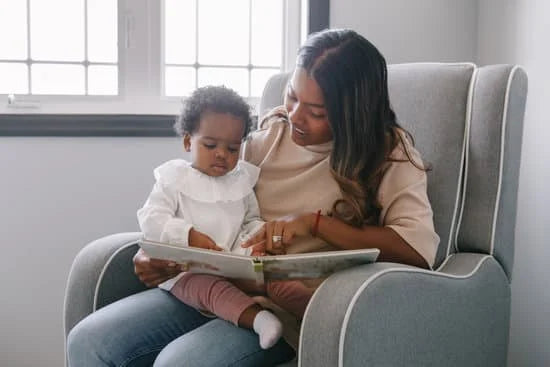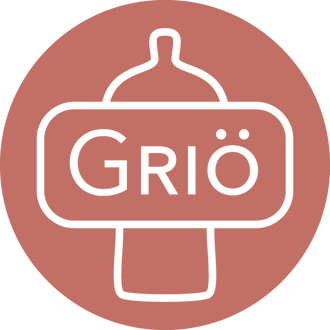
What is Child Development and Why is it Important?
Why is Child Development Important?
Watching your baby grow and reach new milestones is one of the most exciting parts of parenthood. Knowing what to expect from your little one’s development can help you better prepare for each stage, so here is brief introduction to developmental skills for infants and newborns.
What are the Different Types of Developmental Skills?
Motor Skills
As babies get older, they start developing motor skills like grasping objects, crawling, rolling over, and sitting up on their own. The age at which babies learn these skills can vary significantly depending on their individual development. However, most babies begin showing signs of motor skill development between 4-6 months old. Grasping objects usually comes first, followed by crawling (or scooting), then rolling over and eventually sitting up unassisted. Some babies may take a little longer than others to reach these milestones. Some may even skip certain stages entirely. Every baby is different!
Tummy time is a classic way to promote gross motor skills- skills that use large muscle movements. This simple exercise strengthens the neck, back and trunk muscles- all necessary components that encourage crawling and walking.
Today’s researchers and pediatric developmental specialists are further emphasizing the link between fine motor skills and cognitive development. Most hand movements during the first 3 months are involuntary. At 4 months, babies begin to coordinate thoughts and action. You may notice your baby reaching for her favorite toy or shiny object at this point. "It's through her hands that your baby demonstrates the link between thought and action," says Rhoda Erhardt, a pediatric occupational therapist in St. Paul who specializes in hand function. Provide dangling objects or toys that allow your baby to work on hand-eye coordination and depth perception. These skills promote early fine motor development.
Communication Skills
Babies also develop communication skills during the infant and newborn stages. Babies typically start making cooing noises as early as two months old, but it isn’t until around six or seven months that they start forming recognizable words like “mama” or “dada”. Around this time, they also start making gestures such as pointing at things or waving goodbye when prompted by an adult. As babies get older, they learn more and more words, eventually leading to full sentences!
Storytelling is a fun and easy way to promote early communication skills. Vocal engagement with your baby introduces them to words and sounds that build vocabulary. Include vibrant pictures with your stories to enhance focus and concentration.
Social and Emotional Skills
Social and emotional skills are important developmental milestones that parents should look out for in their baby’s first year of life. Babies will usually begin smiling around six weeks old in response to their caregivers’ voices or faces; this helps them form social bonds with those around them. As infants become toddlers, they will start engaging in pretend play activities like pretending to feed a doll or talking on an imaginary phone—a sure sign that their social skills are developing nicely! They will also begin displaying basic emotions like happiness, sadness, fear, surprise, anger and disgust as early as four months old. It is important for parents to recognize these emotions to provide comfort when needed or to support the child’s curiosity about the world around them!
Understanding your baby’s non-verbal cues is the best way to recognize their emotional needs. Early childcare activities like feedings and diaper changes are natural ways to bond as your baby learns they can rely on you for safety and comfort. Take notice of leg kicks, smiles and eye tracking. Is your baby engaged or is she over-stimulated? What does she do to display both? When fussy, maternal odor is a powerful way to soothe and calm her when you’re unavailable. Leave a piece of clothing or other personal item with your scent. Rest assured knowing that your smell extends bonding and further promotes emotional connection.
Conclusion
As you can see there are many stages of development that occur during infancy and newbornhood — from motor skills to communication capabilities — all of which are integral components of your child’s growth process. Purposeful engagement to promote these milestones can help you ensure that your child is developing properly while providing an opportunity for bonding experiences with everyone in the family! With that being said, remember not to get too caught up in the details; every baby develops differently so just enjoy watching your little one grow!




